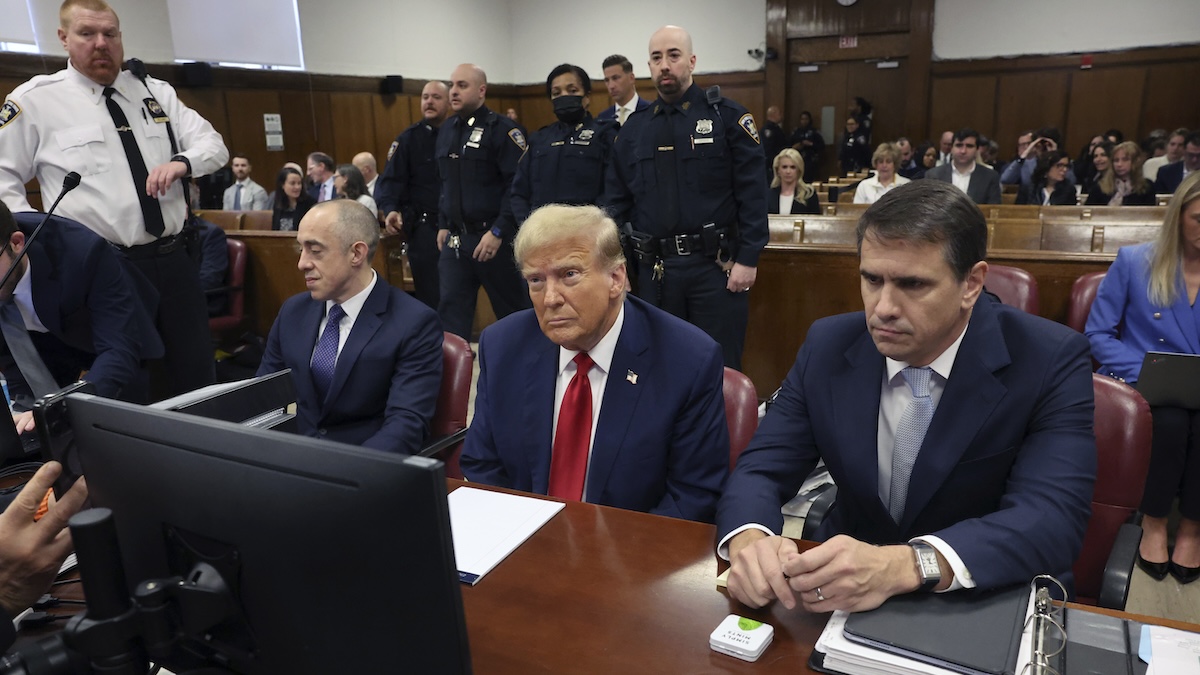Connecticut Republicans have been rallying public opposition against legislation proposed by the top state Senate Democrat that would create a new, statewide tax on commercial and residential real property.
In recent days, the state GOP, as well as individual lawmakers, have ramped up their public resistance to the bill offered by Senate President Pro Tem Martin Looney of New Haven. The General Assembly’s Finance Revenue and Bonding Committee is scheduled to hold a public hearing Monday on that and other tax-related bills.
“Democrats call this a ‘mansion tax.’ But in reality it’s another tax on middle-class families,” the Connecticut Republican Party said in a mass email sent Saturday, urging supporters to submit testimony opposing the legislation.
The email warned that “money would go directly to the state, not to your town or city, and the state would distribute your tax dollars to places like Hartford and New Haven.”
Get Connecticut local news, weather forecasts and entertainment stories to your inbox. Sign up for NBC Connecticut newsletters.
Looney has proposed several local property tax reforms bills during this year’s legislative session to address what he calls disparate and unequal local taxation across Connecticut. Under the bill up for debate on Monday, a new, one-mill statewide tax would be placed on commercial and residential property, with the first $300,000 of assessed value exempt from the extra tax.
Because property in Connecticut is assessed at 70% of market value, Looney’s bill would apply to property roughly worth $430,000 or higher. For a home with a market value of $500,000, for example, that would mean an extra $50 assessment, while a homeowner with a $1 million house would pay about $400, he said.
The estimated $73.5 million in additional funds raised from the extra assessment would be distributed back to cities and towns through programs such as increased state reimbursement for tax-exempt property, such as hospitals, colleges and state-owned property.
Politics
“We are hampered in so many ways by those great disparities,” Looney said during a recent news conference. He gave the example of the town of Greenwich having a net grand list — the aggregate value of taxable property in the community — of $734,000 per capita compared to $50,000 per capita in New Britain.
“People who visit Connecticut are shocked at the extraordinary contrast in Connecticut that exists within such a very, very short geographical distance,” he said.
Some real estate agents are already weighing in against Looney’s proposal.
“While CT real estate has benefited by people leaving NY and NJ during COVID, this market will not last. We will soon return to families leaving CT to escape the high cost of living,” wrote JoAnn Lambert Bredenberg, an agent in Southbury who submitted written testimony. “The added tax will simply instigate the exit of our reliable taxpayers and diminish the skill sets necessary to attract more business to CT.”



